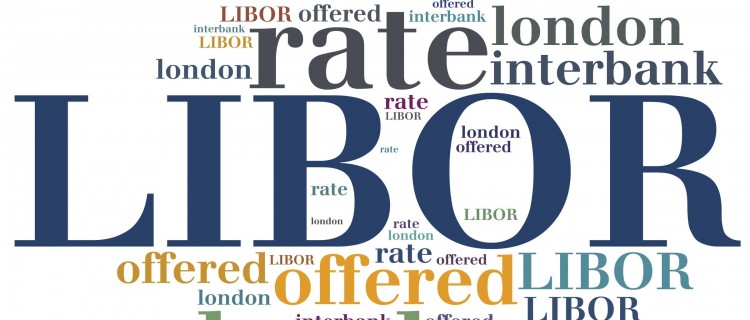Trillions of Assets are at Stake With the 2021 LIBOR Deadline
Fri Aug 4, 2017 by Oppenheim Law on Florida Law News

The $400 Trillion Question: What Will Replace Interest Rate Benchmark LIBOR?
The LIBOR (London Interbank Offered Rate), used as an interest rate benchmark for nearly $400 trillion in assets ranging from student loans to mortgages, now has its execution date scheduled for 2021. With its replacement all but certain, it is understandably causing some concern as to how this will affect past and future transactions.
A 50-year Market Presence with a Troubled Past
The LIBOR is a benchmark where the interest rate is determined on what a panel of 20 global banks submit as the rates at which they are willing to lend money to one another. This is done on an unsecured basis using various currencies and with varying maturities. This small pool of industry leaders setting the standard and using the metric of interbank lending, sometimes having fewer than 20 transactions annually, was “unacceptable” according to the FCA (Financial Conduct Authority) which currently regulates LIBOR.
As the financial crisis of 2008 began, concerns of banks having financial troubles were raised. The banks submitting their interest rates to LIBOR were accused and later settled with authorities for their role in low-balling the figures to avoid the perception that they were having difficulty borrowing. This, coupled with convictions of bank employees on a global scale who manipulated the interest rate for trading profits, led to billions of dollars in fines.
A Welcomed yet Uncertain Future
Considering LIBOR’s vast influence in the global financial infrastructure, existing contracts that employ LIBOR and extend beyond 2021 will need to be renegotiated. While the replacement is unclear, possible alternatives are gearing towards an actual transaction-based system and eliminating the need for banks to submit their rates which currently influences the interest rate benchmark. Indexes already in place across Europe and Asia that use unsecured, uncollateralized rates have also been listed as possible alternatives. If you have a Mortgage or Note that uses LIBOR as its Index, we may need to review your contractual options at some point in the future.
From the trenches,
Roy Oppenheim


Leave a Reply